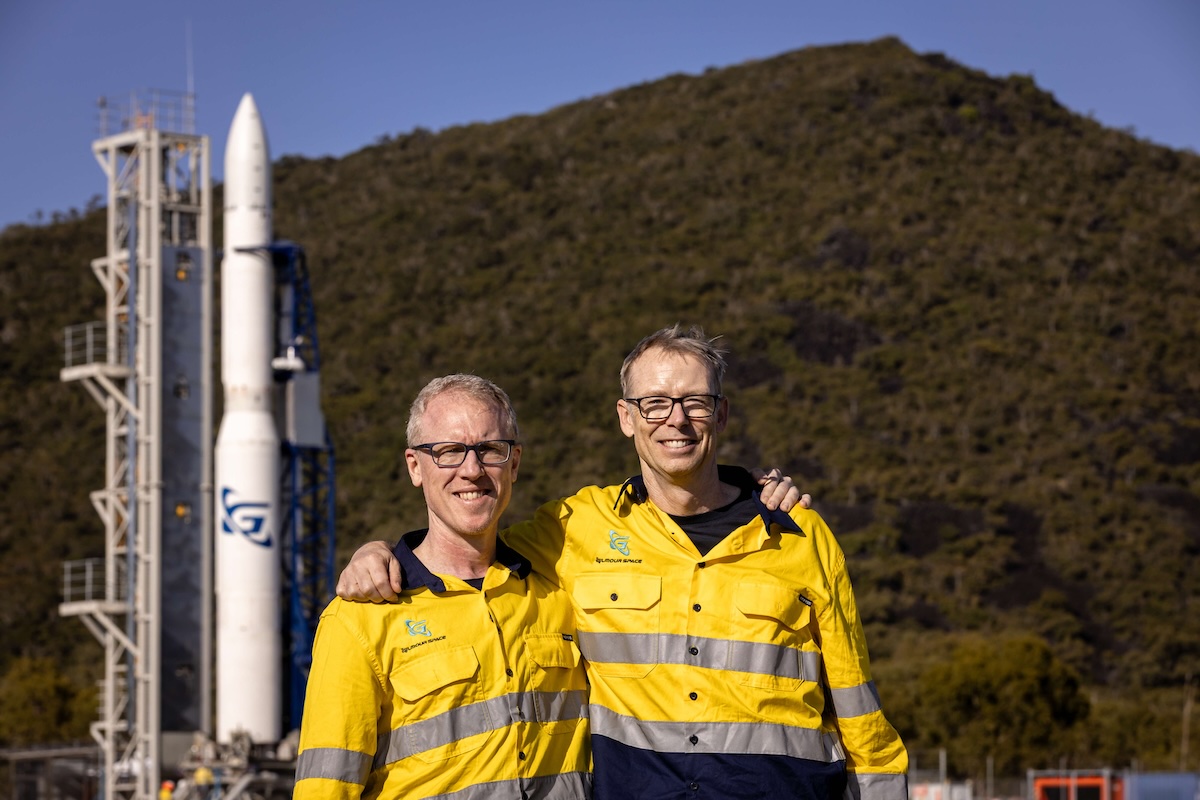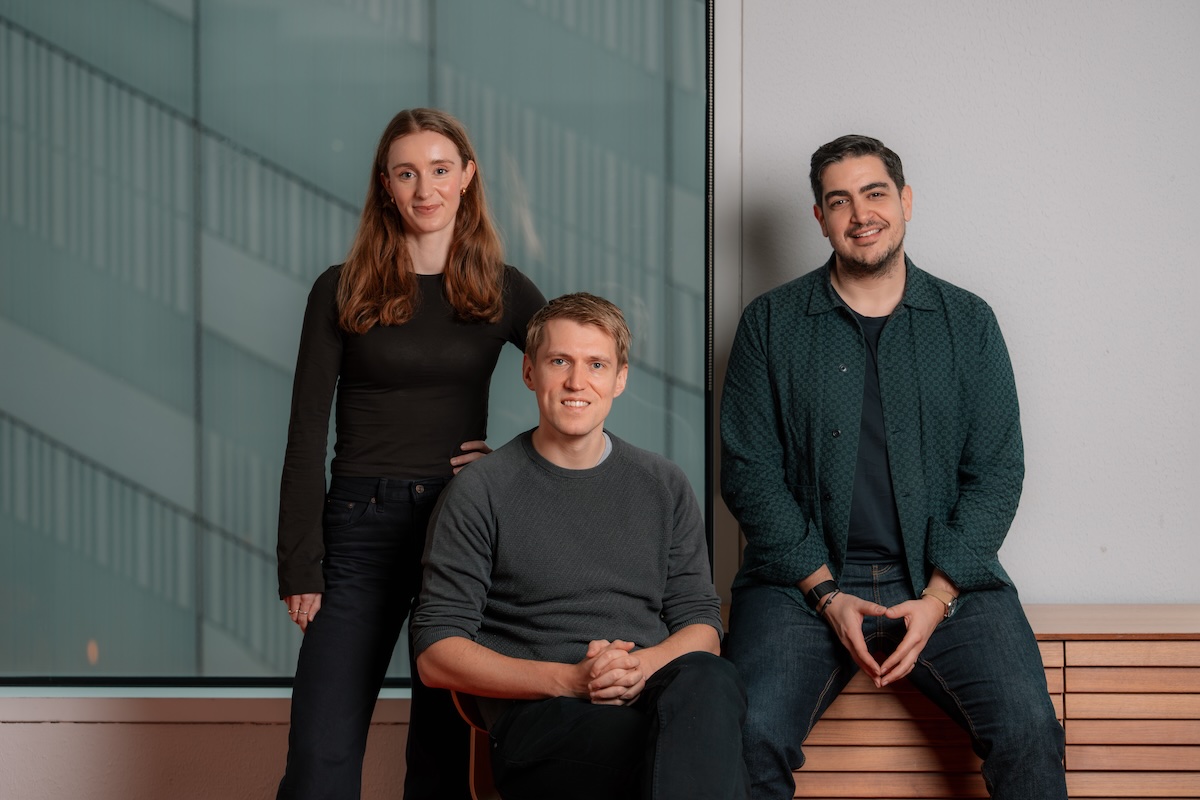
Blackbird invests early
When is the right time to engage with Blackbird? The right time is now. You're never too early.
‘When is the right time to engage with Blackbird?’
As investors, we get asked this question a lot. Often, a founder follows it up with:
‘I’m still too early for you.’
‘We don’t have product-market fit yet.’
‘Our team is still coming together.’
‘We are only raising a small round.’
‘We’re pre-revenue.’
We wanted to set the record straight.
At Blackbird we’ve always been clear that we invest in wild hearts, right at the beginning. And even as we’ve raised bigger funds over the years, we still live that value every day.
But from the outside looking in, maybe that’s not always obvious. Here are 8 ways that we continue to invest in early:
Does Blackbird invest pre-revenue?
All the time.
Last year two thirds of our investments were into pre-revenue companies. In 2019 this was 82%. It’s not that having revenue is a bad thing! It’s that we are investing first and foremost into founders that we deeply believe in. And if we believe you’re a wild heart, then we believe that revenue will come.

Does Blackbird invest pre-product?
25% of our investments have been into companies that are pre-product. Way back in 2012 we invested $250k in Canva when it was still an idea in the heads of Mel, Cliff and Cam. We’ve stayed true to that ever since.
Holly, the founder of Carted pitched us her vision for the future of ecommerce, and we invested knowing the product would take several years to build.
When we invested in Lauren at Multitudes we were incredibly impressed that she had hacked together a way to test her idea in Tableau, and was teaching herself R Shiny to build the next version. The product today looks very different to those early experiments.
Tom, Yu and Waleed at Heidi are building the platform where patients access the care they need rapidly and easily. They didn’t have a product when we first met them. And in fact they pitched that the first product they’d build would be an educational one for students to prepare for exams. Building this product enabled them to collect the training data they need to build their actual product.
What about at the idea stage?
The Eucalyptus founders blew us away when we met them.
They pitched a series of ways they thought they could build a generational company. From creating a differentiated customer experience, to a house-of-brands strategy powered by a single in-house creative team, and a talent strategy that brought consultants and lawyers into the startup sector.
But… they didn’t know what industry they would tackle first. These days we know them as a powerhouse healthcare company. But Eucalyptus might have ended up solving something entirely different.

What about small check sizes? Your funds are hundreds of millions of dollars...
The very first check we wrote from our 2020 fund was for $35k.
Check size doesn’t matter. The size of your ambition does. We want to invest right at the beginning, and then keep on investing right up until your IPO (and beyond).
How about age? How early do you invest?
How about high school age?
Liam and William, the cofounders of Instant, were just 17 and 19 when we invested in them. Similarly Jack, the founder of Disputify was a teenager when we invested. We don’t believe that the potential to build a generational company is correlated with age. And in many ways, the lack of experience these founders have means they don’t know that something ‘can’t be done’, they just go and find a way to do it.
One of our aims at Blackbird is for entrepreneurship to be the first career choice for every student. Programs like Giants have had founders as young as 8 years old and we hope to keep making investments in younger and younger people.

What if our team is new, is that too early?
Nope.
Sometimes co-founders have known each other forever (for instance Principal Tom Humphrey co-founded a company with his sister before joining Blackbird). That’s one end of the spectrum.
At the other end of the spectrum, sometimes teams are just coming together as we invest.
Lauren is one of the founders of The Mintable, a company aiming to help managers become better. She and her co-founder Mel had worked together in the past, but their co-founding relationship was brand new.
And we first met Tim, one of the founders of Zoox when he pitched his idea for robotaxis back in 2014 (yes, they were that ahead of the curve) before he even had any co-founders. We invested right at the moment he and Jesse teamed up.
Ok, but surely Blackbird won’t invest if there is no technical co-founder?
We still invest!
Meet Luke Anear. You may have heard of his company SafetyCulture. Luke was a solo founder with deep industry experience, but no technical background. He has proven many times over that an investment in a non-technical team (or person!) still has the potential to be one of the best investments we make.
Likewise, Sunroom founders Lucy and Michelle are not engineers. But they have a powerhouse skillset combination of product design (Lucy was the Director of Design at Hinge) and marketing (Michelle was the CMO for Bumble APAC).

How about solo founders?
Some investors only invest in teams, not solo founders. That’s not us.
Ajay at EntryLevel had a relentless test-and-learn approach to solving the problem of reskilling the future workforce. He didn’t have a cofounder, and it didn’t matter.
Over in New Zealand, Craig founded Halter in order to transform how animal farming is done - by building technology to remotely guide animals. We always ask whether a founder is doing their ‘life’s work’. By this we mean are they deeply, deeply passionate about solving this problem? Craig grew up on a farm seeing his parents work 100 hour weeks. This is, quite literally, his life’s work.
Finally, do you invest before a founder even considers themselves a founder?
Absolutely.
Australia and New Zealand are home to some of the best scientific minds in the world. Those individuals have often spent their lives focused on solving some of the hardest, but most important problems.
The best way to share those innovations with the world may just be to create a company.
John and Eammon, the founders of Vexev have LinkedIn profiles that detail just one job each - cofounding Vexev. But the education section of their profiles is a lot longer: Bachelors, Honours, Masters and Doctorates.
Sundrive has created the most efficient industrial-size solar cell ever in Australia, and their science is working to replace the silver used in solar panels with the 100x cheaper copper. Vince, one of the cofounders, put his PHD at The University of NSW on hold back in 2015 to start the company.
So: ‘When is the right time to engage with Blackbird?’
The answer to this question is simple: The right time is now.
You’re never too early. You’re never too young. You’re never too new to startups. And your team is never too fresh.
Hit the ‘get investment’ button at the top of the page to connect with us today.



.webp)


.avif)
%202.avif)

.jpg)

